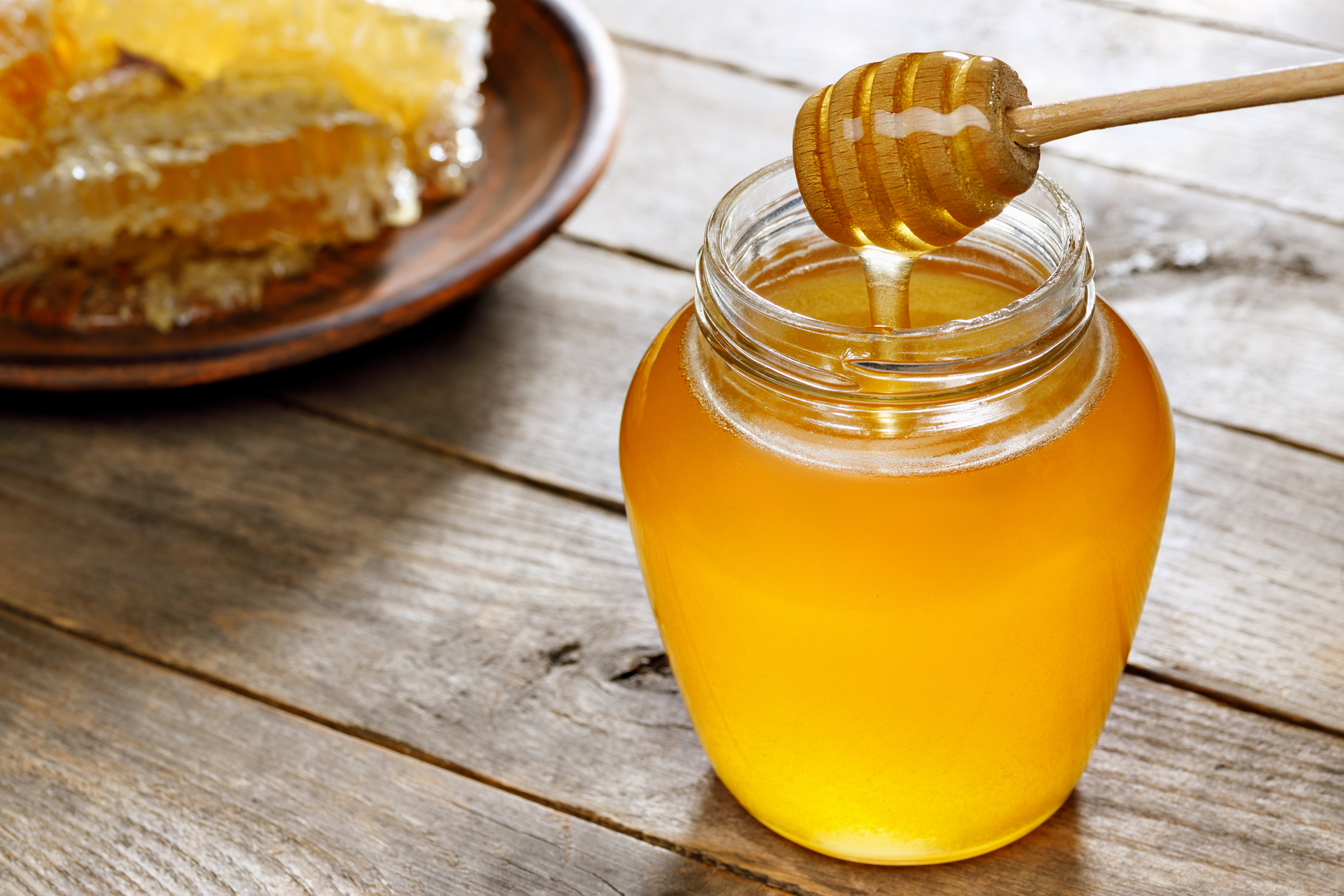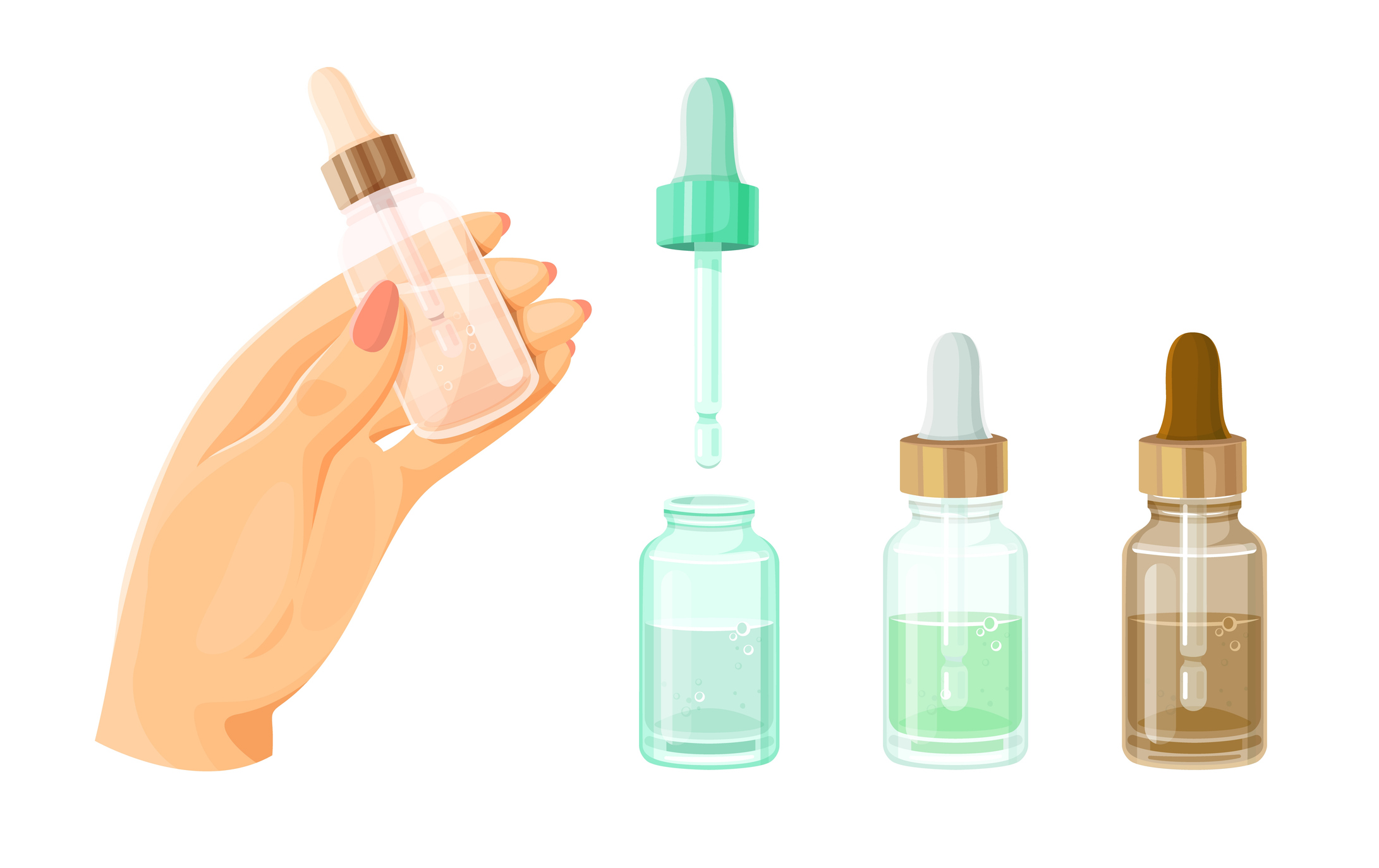Learning objectives
Knowledge
- To revise the unit States of matter.
Working scientifically
- To report on my findings.
Success criteria
Knowledge
- I can describe the stages of the water
This content is for subscribers only. Join for access today.
National curriculum
Science
States of matter
This content is for subscribers only. Join for access today.
Cross-curricular links
English
Reading
Pupils should be
This content is for subscribers only. Join for access today.
Before the lesson
This content is for subscribers only. Join for access today.
Lesson plan
Recap and recall
Arrange the class into pairs and distribute whiteboards and pens (one between two). Show the link: BBC Teach – The water cycle and ask them to write down a list of keywords from the water cycle. Discuss the keywords as a class and finalise the list as follows: Evaporating. Condensing. Precipitation. Run off. Ask the…
This content is for subscribers only. Join for access today.
Extended-mode explainer videos
How to extend your display to view the lesson page and preseantion mode simultaneously. Choose your operating system below to watch the video
If you need further support with extending your display,
please contact [email protected].
Extended-mode explainer video: For Mac
Extended-mode explainer video: For Windows
Adaptive teaching
Pupils needing extra support
Should use the Knowledge organiser: Science – States of matter to help them write their poems about the water cycle and create their posters; could leave out the method on their posters.
Pupils working at greater depth
Should include details of variables and the enquiry type used on their posters; could choose an extension activity from the Resource: Stretch and challenge: How does the flow of liquids compare?.
This content is for subscribers only. Join for access today.
Assessing progress and understanding
Pupils with secure understanding indicated by: describing the stages of
This content is for subscribers only. Join for access today.
Vocabulary definitions
-
condensing
The process of a gas changing into a liquid.
-
evaporating
The process of a liquid changing into a gas.
This content is for subscribers only. Join for access today.
In this unit
Assessment - Science Y4: How does the flow of liquids compare?
Lesson 1: Investigating liquids - Planning
Lesson 2: Investigating liquids - Gathering data
Lesson 3: Investigating liquids - Analysing, concluding and evaluating
Lesson 4: Investigating liquids - Extending
Lesson 5: Investigating liquids - Presenting





